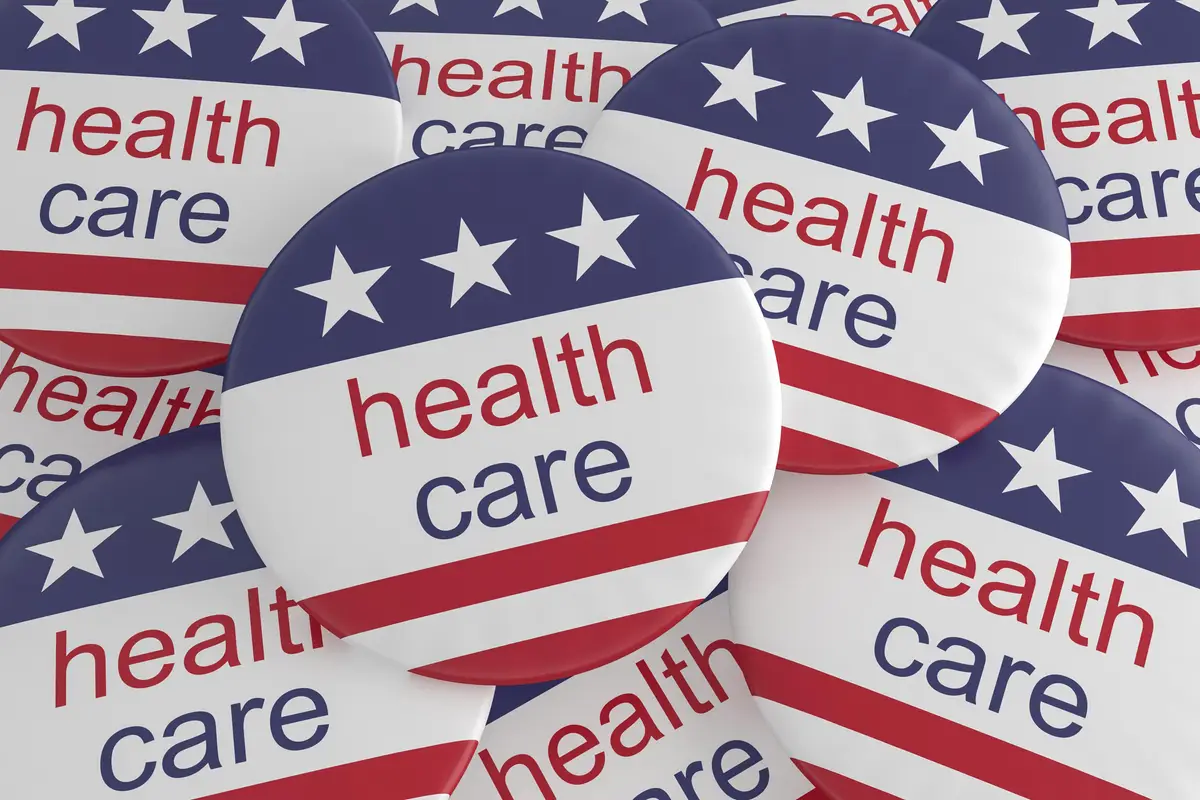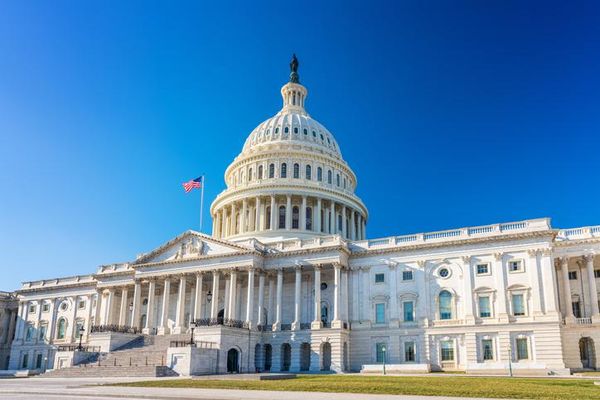During opening remarks at HealthyWomen's recent webinar, "Health is Infrastructure, Too: The Impact on Women's Health Care," HealthyWomen's CEO Beth Battaglino said, "As we slowly emerge from the grips of a very long and difficult pandemic, we are at a pivotal moment for women's health in this country." Women, she said, continue to face mental health issues, delayed health screenings, job and financial insecurity and the anxiety of navigating healthy living post-pandemic."
Moderated by Millennial Boardroom Founder Arika Pierce, the June 10 event centered on how housing, technology, work, childcare and caregiving can all impact a woman's health throughout her life. Specifically, the discussion addressed how the Biden administration's proposed American Jobs Plan and American Families Plan would affect women's health care and where more work needs to be done.
Pierce was joined by Dorianne Mason, director of health equity at National Women's Law Center; Megan Herber, director of Faegre Drinker; Susan Zook, CEO of Mason Street Consulting; and Sue Peschin, president and CEO of Alliance for Aging Research; and Catherine Oakar, special assistant to President Biden for community public health and disparities. The panelists brought diverse viewpoints on the current health priorities, but all agreed change is needed in what many consider to be a bipartisan issue.
Oakar kicked off the conversation with an overview of the administration's priorities, recounting the crises the country currently faces: the Covid-19 pandemic, the economic crisis caused by the pandemic, racial justice and the climate crisis. These factors, she said, are shaping much of the White House's work.
Oakar noted that women-dominated industries were hit the hardest by Covid-19, such as health care and food service. She pointed to various shortcomings including the lack of affordable childcare, paid family leave, paid medical leave and flexible schedules and often not having health insurance that have left women especially vulnerable. In response to the Covid-19 crisis, the Biden administration opened a special enrollment period for health insurance through the Affordable Care Act. Currently, 1 million people have signed up during the special enrollment period, which runs through August 15.
As the country recovers, Oakar reiterated Biden's goal to build back better, which includes improving healthcare access. "We really truly believe health care is a right, not a privilege, and it's key to women's well-being and economic stability," Oakar said.
The American Rescue Plan Act (ARPA), which Biden signed into law last March, was the first step toward improvements — it invested in care infrastructure, increased support to women's health care, and addressed the country's high maternal mortality rates, particularly among Black and Indigenous women.
The American Jobs Plan builds off ARPA, which seeks to put millions of Americans into good paying jobs and deliver high-speed internet into more homes across the United States. As noted by several speakers, internet access plays a large role in health care, especially in light of the pandemic when telehealth truly blossomed.
"If we don't have full access to broadband, the utilization of telehealth continues to highlight existing healthcare disparities in our system," Herber said. "If we can increase access to broadband, I think telehealth and remote care can really bridge that gap for people who don't always have access to health care."
Adding to the telehealth conversation, Peschin said, "Addressing broadband is definitely needed, but it's not the only issue leaving people behind." Sharing ongoing research from UC San Francisco, Peschin said older age remains a major factor in telehealth readiness. In fact, one in five older adults remain unready.
At the beginning of the pandemic, Congress lifted various federal restrictions on telemedicine so Americans could see their providers without risking the spread of Covid-19. However, much of those flexibilities are tied to the public health emergency and will end if policymakers don't take additional action. Herber is hopeful Congress will act but said it might not happen until the year's end. Whether lawmakers will permanently alter the system or simply extend temporary flexibilities remains uncertain.
Mason stressed the importance of making permanent changes. Looking at the American Families Plan, which would invest $3 billion to improve maternal health and also ensure health care is more affordable by extending tax credit enhancements, Mason said tax credit benefits can sometimes push people out of poverty. Additionally, she commended the proposed Jobs Plan efforts to improve the housing crisis but called for greater changes, including increased funding for public housing because housing instability, she said, lowers one's likelihood of making and following through with doctor visits.
Zook offered some Republican priorities, saying there are many similarities. Both sides, she believes, are coming from the perspective of improving quality of life. She too reiterated the importance of telehealth and the need to expand access.
However, Zook said, there remains concern about the current economy and Medicare. "We are not dealing with an economy that can sustain the amount of money we're spending in the medicare program long-term." How to pay for Medicare, especially in light of the $4 trillion spent in the last year in response to the pandemic, is a question we need to be concerned about, she said. "Currently the Medicare trust fund will run out in 2026 — that is really crazy."
Peschin offered her perspective on how several proposals in the plans could help Americans, especially women, as they age. Together, the plans seek to expand and strengthen caregiver jobs, which are predominantly low wage and held by women and people of color. The Jobs Plan would increase funding for home and community-based services for older adults — care coverage that is not currently not mandated by Medicare.
She too mentioned the plan's goal to address the lack of affordable housing. She also called for the need to provide paid family leave; the American Families Plan includes 12 weeks of paid leave. Citing a recent survey by Harvard and UCSF, Peschin said many service sector workers couldn't take leave or took less than they wanted when experiencing a major life event due to affordability. Though many such policies have been discussed for years, how to pay for them remains the biggest hurdle, Peschin said.
What happens next remains unclear, but each speaker is hopeful that health care will be addressed in a comprehensive matter. As Oakar said: "Health care isn't just what happens inside a doctor's office. It is inevitably related to your job, to the place you live, to the food you eat."
This resource was created with support from AbbVie Inc., Amgen, Astellas, Covis Pharma, Eli Lilly, Esperion, Hologic, Myovant Sciences, Novo Nordisk, Pfizer and PhRMA.







